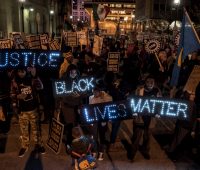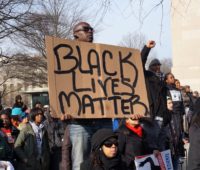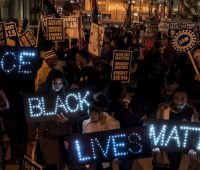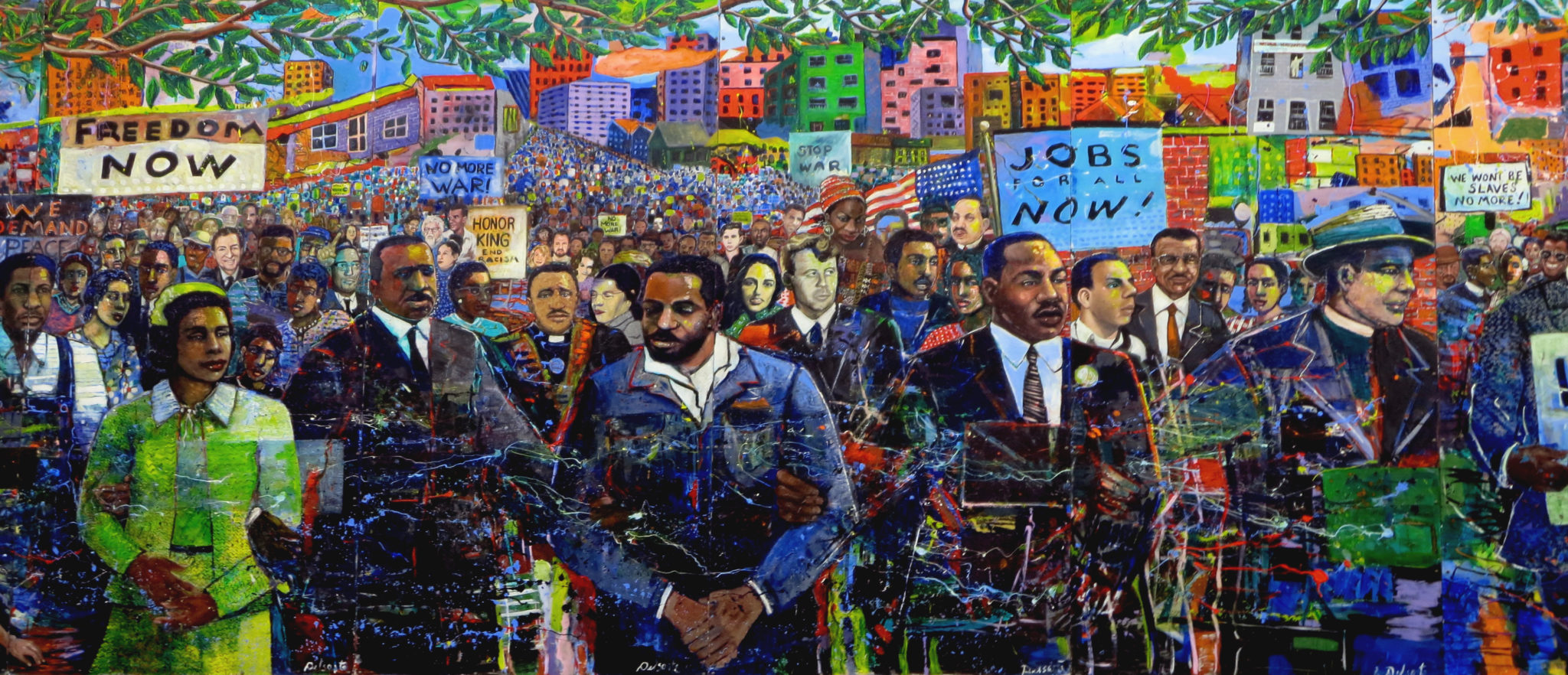Category
Racial conflict and mobilizations around demands for racial justice have increasingly commanded public and scholarly attention in the United States and elsewhere. Frameworks for understanding the current moment and acting in it abound and generate much needed debate. With this series, we offer one lens into understanding the present: through a critical engagement with prior influential efforts to analyze racialization and the political economy of race in the past—what some scholars such as Cedric Robinson have labeled “racial capitalism.” Items, working with the multi-university Race and Capitalism project, asked a group of scholars to read the present moment through a “classic” or touchstone work in social science, the humanities, or African American studies—with what constitutes a “classic” left to each author’s discretion. Scholars shared how the insights of W. E. B. Du Bois, Ida B. Wells, C. L. R. James, Walter Rodney, and others might shed light on the current context and how economic, political, and racial inequalities shape each other—in the past, present, and future. The codirectors of the Race and Capitalism project, Michael Dawson of the University of Chicago and Megan Ming Francis of the University of Washington, joined the Items editors in curating this discussion, which provides a unique perspective into how growing economic inequality, political exclusion, a discriminatory criminal justice system, and social movements have collided in ways that seem both familiar and new.
The texts discussed in this series are:
Racism and the Class Struggle by James Boggs & Race and Class in the Southwest by Mario Barrera (Michael Dawson) ♦ Black Reconstruction in America by W. E. B. Du Bois (J. Phillip Thompson) ♦ How Europe Underdeveloped Africa by Walter Rodney (Tianna Paschel) ♦ Crusade for Justice, Southern Horrors & The Red Record by Ida B. Wells (Megan Ming Francis) ♦ Capitalism and Slavery by Eric Williams (Adom Getachew) ♦ Black Awakening in Capitalist America by Robert Allen (N. D. B. Connolly) ♦ Darkwater, Black Reconstruction in America, & Dusk of Dawn by W. E. B. Du Bois (Ella Myers) ♦ The essays of Jack O’Dell (Nikhil Pal Singh) ♦ The Challenge of Change: Crisis in Our Two-Party System by Edward Brooke (Leah Wright Rigueur) ♦ Blood in My Eye by George Jackson (Dan Berger)



























